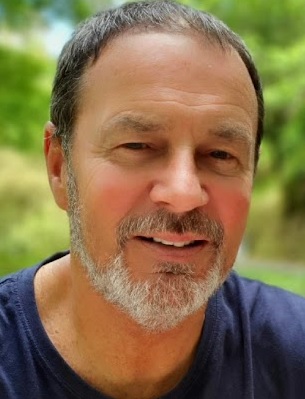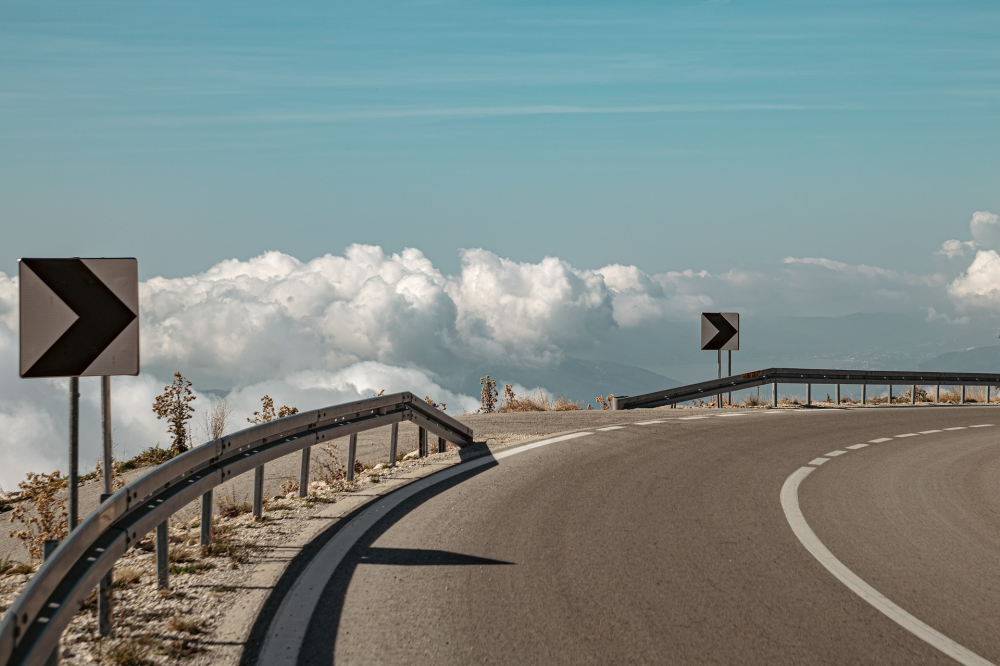
In a world consumed by much nonsense, a simple truth rings out for those bothering to pay attention.
Once in a while there are turning-points in history that massively alter the trajectory of human civilisation – a bit like the Nasa rocket that slammed into an asteroid to alter its course.
While these shifts happen before our very eyes, they often seem to go unrecognised at the time because we routinely consider turning-points in history as events from our past.
Right now I believe we’re seeing such a shift. Why is it happening, will it be good for humanity and are we paying enough attention?
Of course, artificial intelligence (AI), the future of work and the state of the planet loom as game changers. But all this, and more, is being consumed by wider events.
The two shifts I’m thinking of are the self-dismantling of the United States as the world’s preeminent cultural and economic force, and the hot mess the internet is fomenting upon itself.
Trump comes to the White House armed with a very small popular vote “mandate” to impose tariffs on important trading partners, quarrel with allies, exit Nato, gut his own government agencies and cuddle up to foreign dictators.
Fair enough, one might say for an electorate that thirsted for Trump’s “America First” change. But these things, based on a razor-thin majority of a few thousand American votes, threatens to tear down a decades-old world order and launch a tsunami that could engulf the entire global village.
For more than 80 years the US has used its standing as the dominant power in the world to “promote freedom of movement” and to “champion open world trade”. As Henry Luce, conservative publisher of Time and Life magazines saw it in 1941: “[there are] possibilities of such enormous human progress as to stagger the imagination.”
Luce saw an America that exported to the rest of the world – “its technical and artistic skills – engineers, scientists, doctors, developers of airlines, builders of roads, teachers, educators”.
The Second World War had seen the US abandon its previous isolationist relationships with the world, and decided it would be a “good Samaritan” and global cop. It effectively ushered in what we now know as free market and deregulated neoliberalism, with the US asserting global force and influence to feather its own better interests.
While all this neoliberal mumbo-jumbo sounds a bit too good to be true, it’s certainly not to the liking of everyone. Economic growth and efficiency has grown economies, especially for rich countries and wealthy individuals, while accelerating income disparities and reducing access to essential services for the most vulnerable populations.
Now that less wealthy countries are looking to the US and other rich countries for a fair crack of the trade and economic pie, including compensation for free market impacts on climate change, Trump’s America is slamming the door shut and heading back to isolationism.
Right now there’s another historic turning-point that’s altering the trajectory of human civilisation, that’s perhaps even less obvious to many. That’s what’s happening to the internet.
Most of us use the web to do all manner of things, from information searches to online learning, through to promoting a business. While it’s far from perfect, it has become essential in the operation of commerce, government and nearly everything else, to the point it is now the most ubiquitous infrastructure we have.
But the internet increasingly appears to be in trouble, in large part because of the aforementioned US-led neoliberalism.
Despite the original promise that the internet would “belong to the people” and deliver “unimaginable enlightenment and riches”, through easy sharing, connectivity and trustworthy information, the reality is increasingly downright negative.
The emergence of the big controlling corporations of the internet (mostly based in the US) ensured that “people empowerment” would ultimately be a fantasy. But, just like the demands for accountability over fair trade, climate change and pollution, these corporations are facing a host of legal and political challenges in everything from privacy breaches to mental health issues, toxic disinformation and tax evasion.
But most notably, and accelerated by the Frankenstein radiation of A1, the distorted algorithms of search and social media are becoming uncontrollable.
Science fiction writer Neal Stephenson imagined in his 2019 novel Fall, a near future in which the internet becomes so polluted with misinformation, disinformation and advertising that it is largely unusable. We’re galloping towards that situation with every passing second.
If there’s a silver lining to Trump’s election and the meltdown of the internet, it’s the possibility the deep hole into which we are likely to fall is in fact transformational, and that new people-orientated ways of creating wealth and social cohesion emerge, that help us live sustainably and in peace. Let’s hope so.
 You can contact Fraser here.
You can contact Fraser here.
Fraser Carson is the founding partner of Wellington-based Flightdec.com. Flightdec’s kaupapa is to challenge the status quo of the internet to give access to more reliable and valuable citizen generated content, and to improve connectivity and collaboration.
Flightdec websites include: KnowThis.nz, Issues.co.nz and Inhub.org.nz.
OTHER POSTS



